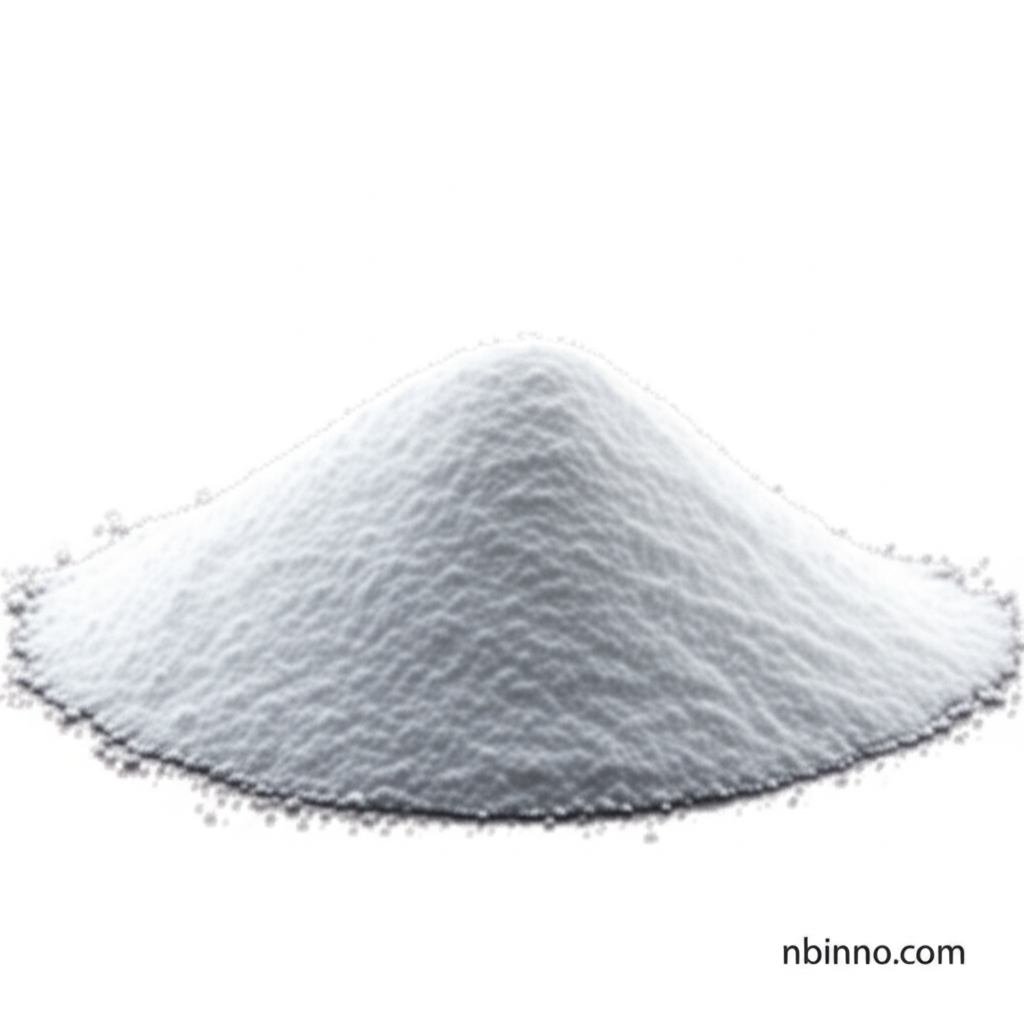DL-Carnitine Hydrochloride: Properties, Applications, and Benefits
Explore the multifaceted benefits and applications of DL-Carnitine Hydrochloride in pharmaceuticals, nutrition, and industry.
Get a Quote & SampleProduct Core Value

DL-Carnitine Hydrochloride
DL-Carnitine Hydrochloride is a vital quaternary ammonium compound, synthesized from lysine and methionine, playing a critical role in energy metabolism by facilitating fatty acid transport into mitochondria for oxidation. While it offers various industrial and research applications, it's important to note that its counterpart, L-carnitine, is the biologically active form primarily used for therapeutic purposes.
- Explore the role of DL-Carnitine Hydrochloride in supporting fatty acid metabolism, aiding the body's natural energy production pathways.
- Discover its potential neuroprotective effects, as investigated in biochemical research for brain health applications.
- Understand its utility in the nutritional sector, particularly in sports and energy supplements, and weight management products.
- Learn about its use in pharmaceutical research, focusing on metabolic pathway studies and treatment of carnitine deficiency.
Advantages of DL-Carnitine Hydrochloride
Supports Energy Metabolism
DL-Carnitine Hydrochloride is instrumental in transporting long-chain fatty acids into the mitochondria, which is essential for efficient energy production, making it a key compound in research on energy metabolism.
Versatile Industrial Applications
Beyond its pharmaceutical relevance, DL-Carnitine Hydrochloride finds use as a feed additive for livestock, contributing to animal metabolism and muscle function, showcasing its industrial versatility.
Essential for Research
This compound serves as a valuable tool in biochemical research, particularly in metabolic pathway studies and understanding mitochondrial function, contributing to advancements in metabolic disorder treatments.
Key Applications
Pharmaceutical Research
Investigated for its role in energy metabolism and potential applications in treating metabolic disorders, supporting the pharmaceutical applications of carnitine.
Nutritional Supplements
While L-carnitine is more common, DL-carnitine is studied for use in sports nutrition and weight management, contributing to the nutritional supplements market.
Biochemical Studies
Crucial for laboratory research into metabolic pathways and mitochondrial function, aiding scientific understanding and discovery.
Industrial Use
Utilized in certain industrial processes and as a component in animal feed additives to support metabolism.
